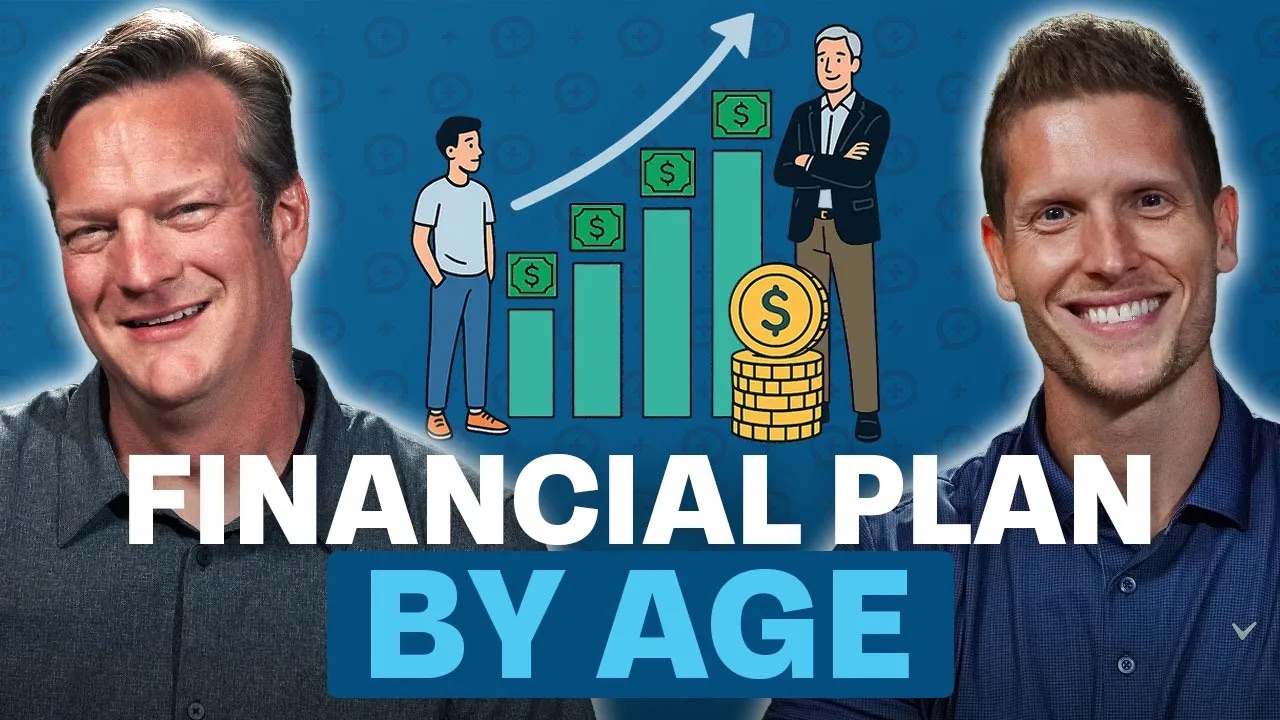Should you prioritize paying for college or maxing out your Roth IRA? In this highlight, Bo and Brian share advice on how they would approach this situation.
For more information on this subject, check out this highlight clip called, “Roth IRA vs. HSA: Which One Should You Prioritize?”













